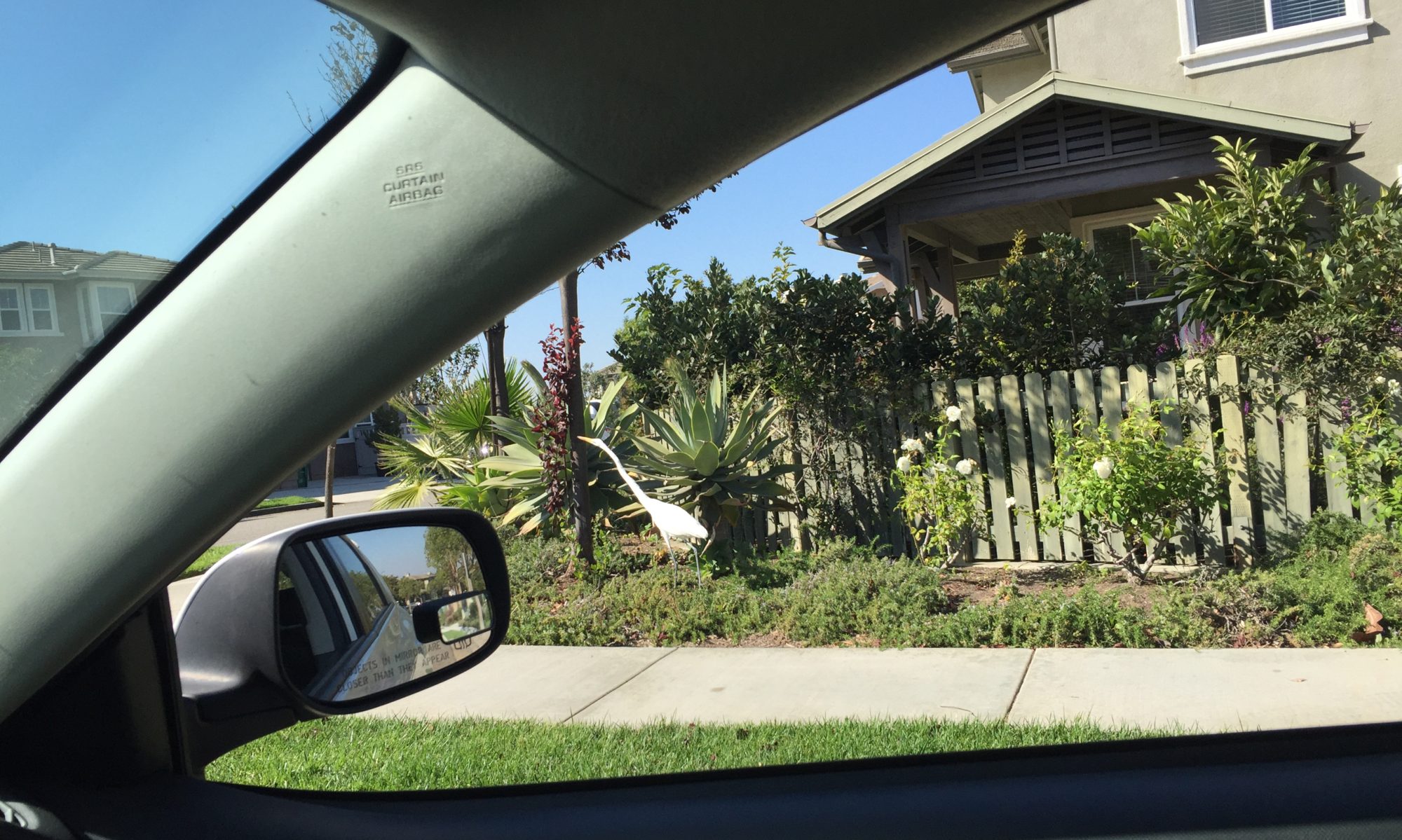An earlier version of the following was published at the Twentieth Anniversary Special Edition of the Quebec literary magazine Ellipse (No. 40, 1989, pp 22-23). It describes not only what I was thinking in 1989 but also how I was thinking during the first months I arrived in Canada, a draft resister soon to be shorn of his U.S. citizenship. The translated poem in question, unfashionable as poetry today, I include for its historical interest. Related to this period: Edmonton is Fun, After All.
The first issue of the Ellipse, I remember it well. It was 1969. The war in Vietnam had facilitated my expatriation to Canada. Though I was at ease in français de France, the strange French I had heard in Montreal and then afterwards here and there in Canada presented a new challenge. Notwithstanding, I was as ignorant of English as of French Canada.
To wit: the banquet the Alberta Government hosted that October for a conference entitled, in the bilingual mode just becoming official and current in Canada, Poet and Critic / Poète et critique. I had signed up as a curious neophyte, a typical bushy-tailed grad student, and was lucky to meet in one fell swoop a not-so-holy host of Canadian Poets / poètes and their translators, including the founding shakers-and-movers of Ellipse.
Things were different then in Alberta than now, to put it mildly. The first public event of that fateful banquet was the boisterous exit of a distinguished though liberally inebriated B.C. poet, whose name I recognized from the anthologies of Canadian literature I was devouring at the time as I sought my bearing in a new home. He stomped adamantly out of the Chateau McDonald on the just grounds, I thought, that the niggardly Alberta Social Credit government was providing us with only a thimbleful of sherry, B.C. plunk to boot. How, he bellowed, could one properly toast with such a wee eighth of an ounce in hand. After berating a couple of innocent and uncomprehending waiters, he left us for the first sleazy Edmonton tavern he could find. Real taverns they had there, then.
Toast what? I asked myself. Before I knew it the entire hall was on their feet hoisting out their empty thimbles and mouthing an incomprehensible oath. Then everyone sat promptly down again, as if in some Johnny-jump-up game of musical chairs, everyone, that is, except myself and a few scattered figures, who radiated self-righteousness about having stayed seated. Sitting next to me in fact was a stylish young man, loose scarf at his throat along with other trappings I associated with France. He introduced himself in that peculiar French I was just coming to know. Then he expressed his respect for my principled stand against standing. Of course as a Yank, but not in the least what they call in the South a Yankee, I would never have imagined that a perfunctory toast to the Queen was on the evening’s agenda, so I hardly could have taken a sympathetic-to-separatism stand against it. But I nodded and smiled, kept mum, made friends. This is perhaps why, despite the accidental nature of my posture at the table, I have always felt comfortable with the label some applied to me in those years: texo-québécois.
My fascination with French in the New World turns around that mésentente. Having been so warmly embraced in the group of those who steadfastly remained seated during that toast to the Queen, I naturally began looking at things from their point of view, more precisely, from two points of view at once.
That was the premise and for me the promise of Ellipse, the bilingual literary journal founded that same year in Sherbrooke, in the Eastern Townships of Quebec. An ellipsis in geometry is a figure formed with not only one but two centres. That is exactly how I felt. Even thinking in French, I was the perfect Federalist, what my separatist friends referred to, among themselves, as a fédéraste. The Canada I aspired to derived from that misbegotten unfulfilled toast, one composed of mutual misunderstandings, an inadvertent ellipsis which left understanding unsaid.
When I was asked to pick a poem to translate for for the Twentieth Anniversary of Ellipse, my first thought was Saint-Denys-Garneau’s “Accompagnement”, which expresses better than anything else my experience of elliptic vacillation between English and French in Canada.
That poem, however, has been done. Herewith then the one I offered in lieu, a complainte or lament from New France, the story of which has intrigued me and, I can see retrospectively, anticipated my fascination with voyageurs and the fur trade.
The oral version sprung up sometime shortly after the events described — the death of the legendary voyageur Jean Cadieux at the hand of the Iroquois.
I have drawn the source text from Sister Jeanne d’Arc Lortie’s Les Textes poétiques du Canada français, the notes of which suggest much of it stems from François Villon’s Ballade des pendus — further evidence that this was not composed by the voyageur Cadieux himself, rather by someone with literary tastes.
There were probably some now-lost stanzas between the fifth and sixth ones wherein it was related that Jean Cadieux realized that Iroquois were about to attack his family and friends just before he entered the compound. He set up a diversion, disrupting the surprise attack. Apparently, he did honorable battle with one particular Iroquois warrior, dispatching him to his own afterlife. But Cadieux was himself mortally wounded and left for dead, his fellows escaping down the perilous Sept-Chutes rapids, about 100 km upriver from Ottawa itself. He was just conscious enough to write out the first stanza of this death chant on a sheet of bark.
As a song, this lamentation circulated widely in from the eighteenth century on, bearing title of its opening line.
